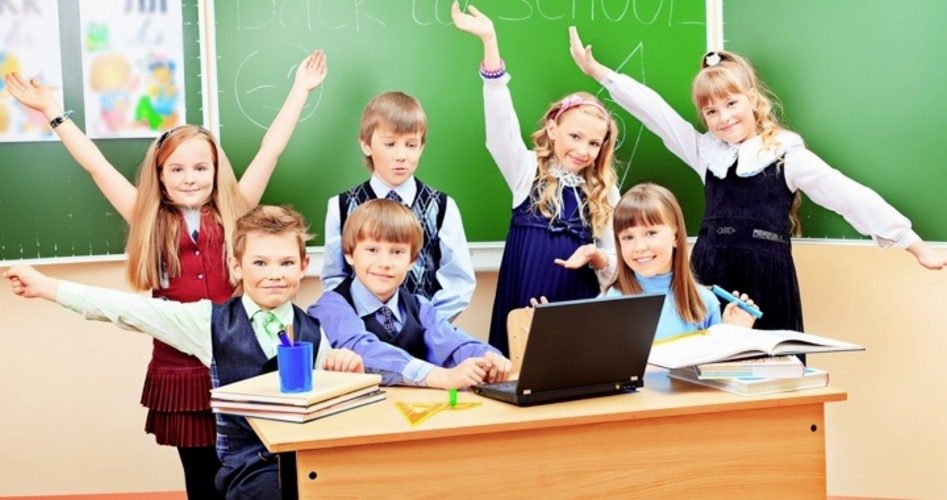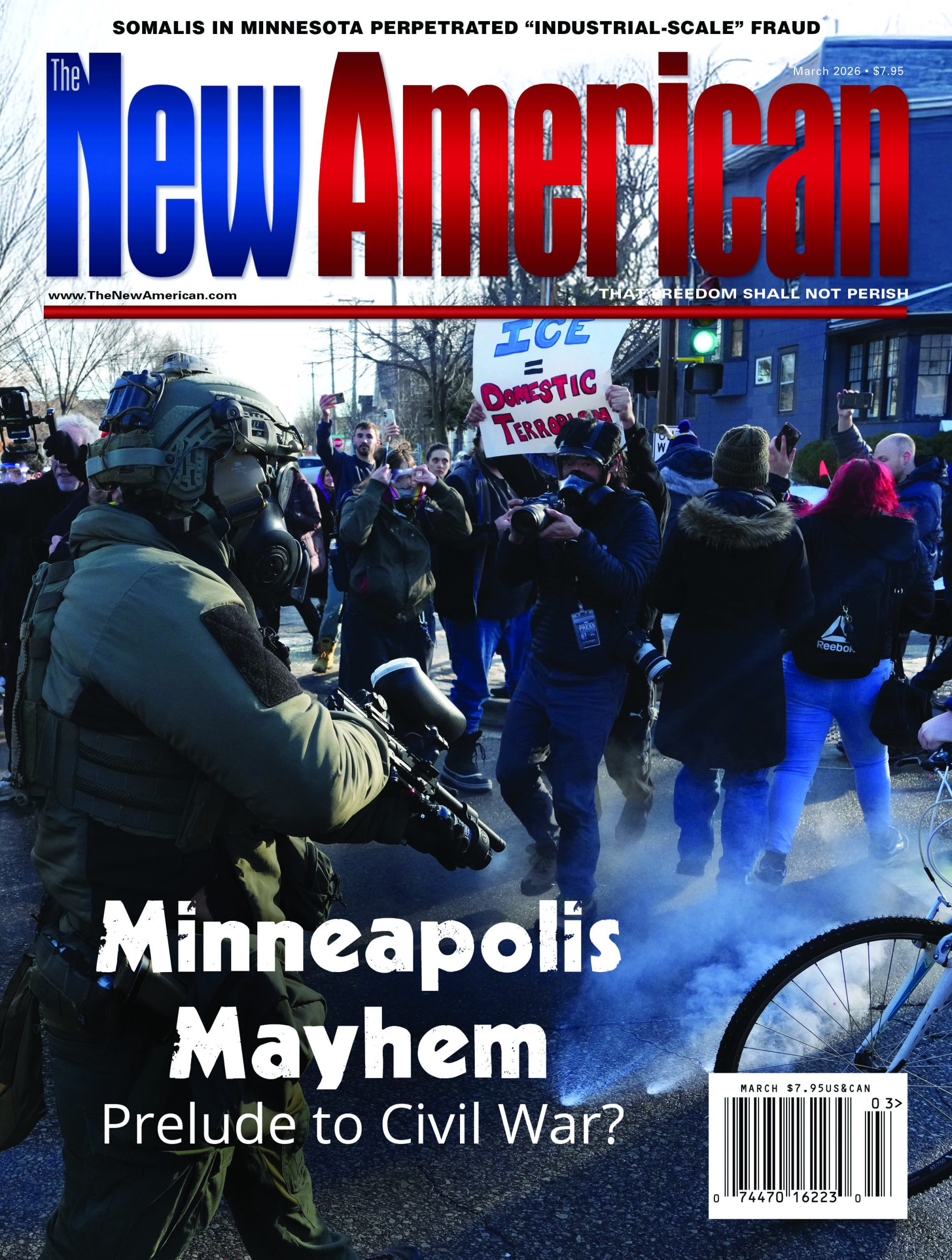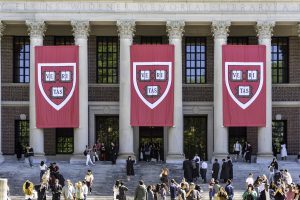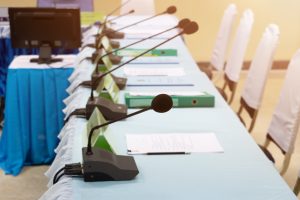
An Argument for Privatizing Public Schools
Do we need public schools? Lew Rockwell writing for the Ludwig von Mises Institute raises a serious policy question. Some public schools are good, Rockwell notes, and some are bad. (It should be noted that Rockwell’s assessment considers academic achievement alone and ignores the further problem of what sort of values are inculcated in the various educational systems.) There is a common element to all public school systems, however: taxpayers support these systems. A predictable corollary to this fact is that the average cost per school, Rockwell writes, is twice that of private schools. This runs counter to conventional popular opinion, which believes that private schools are for the rich and famous while public schools are the only resort of the poor and middle class.
Rockwell notes that the absence of market forces allows public schools, even with the best of intentions, to price themselves out of what a private sector educational system would cost. As a result, public school system costs per pupil are often comparable to the most elite private schools. Parents who send their children to these private schools, however, end up paying their children’s cost of education twice, in the tuition that the private schools costs, plus the taxes they pay to support the public school system.
Privatizing education, beginning with a few districts, would open up the door not to one private competitor but to the whole range of competitors that free markets provide. Rockwell acknowledges that the process may intimidate some Americans, particularly those with happy school memories and those who recognize the vast infrastructure constructed by government around education — buildings, school buses, etc. He points out that this privatization could be accomplished on a very small scale by an amendment or other appropriate state policy change to allow a willing community in a state to privatize.
This should be contemporaneous with the abolition of property taxes in the community, which is the principal tax for much state and local education in America. Localizing this to one or a few places in the state could allow a fair test before any statewide changes were made in the education system.
The practical effect of ending property taxes would be to provide parents with money to pay for public school alternatives or, if they choose, to home school their children as millions of Americans do already. Parochial and church schools could also be the recipients of tuition from the savings that these parents received in reduced property taxes. Parents would not only have choice about the process of education for their children but also about the inculcation of moral values which was long considered the heart and the reason for education.
Other creative alternatives to traditional public school education could also thrive. This could open doors for gifted children. Private schools and academics that train musicians, dancers, and a variety of other young Americans in the rigors of developing natural talent would ensure that the children receive a first class education in the arts as well.
Universities already offer many online classes and guided instruction using software that also allows for periodic testing. Students that thrived in this sort of environment have a very affordable and flexible path of instruction. This sort of instruction could also permit an accelerated pace of education for intellectually gifted students with little extra cost involved.
The success of a private school alternative might lead other states to conduct their own experiments in communities willing to end public education. These private schools could operate on shorter school days or not conduct classes every day of the week. Bright students are often bored to death by the slow pace of public school instruction and online education could actually excite students who currently find public education to be dreadfully tedious.
It is a fact of American history that our greatest minds often did not have a public school education. The last great polymath in American history may have been Benjamin Franklin, who was at once among the greatest scientists, greatest writers, greatest diplomats and greatest inventors in history. Did he learn what he knew in public or in private schools? There is little or no evidence that he ever attended any formal school at all. Do we need formalized, particularly public, education to keep up in technology? Thomas Edison and Andrew Carnegie, whose genius transformed not just America but the world, had little if any formal education.
What would happen if a state decided to try an alternative to what has been practiced since compulsory Prussian-style government education was introduced in the United States in the early 19th century? If eliminating public in favor of private education were tried just as an experiment for a few school districts in America, no great harm could result — and it might very well do a great deal of good.
Photo: Happy schoolchildren at a classroom via Shutterstock




